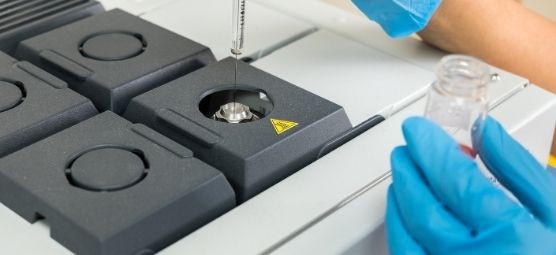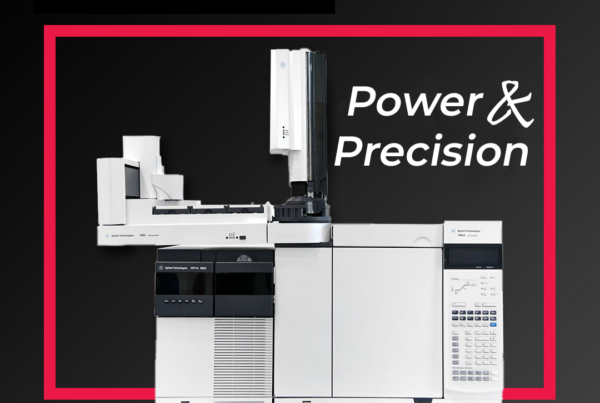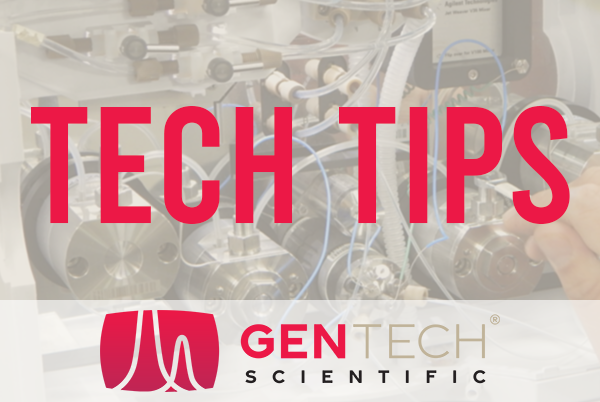Mass spectrometry is an analytical technique that separates mixtures and identifies the different molecules. Mass spectrometry has many applications including environmental analysis, forensic analysis, and pharmaceutical analysis. Knowing how to troubleshoot a mass spectrometer is helpful because the system is an investment. Like any investment, a mass spectrometer needs proper care to function appropriately. Our team put together a guide to troubleshooting mass spectrometry, so keep reading if you’re interested in learning about caring for your mass spectrometer.
Check for Leaks
Loss of sensitivity is a common problem for mass spectrometry, and they’re also known to contaminate the sample. It is important to check for gas leaks because it could damage the instrument. Using a leak detector, you can determine whether a leak is causing the problem. Checking the gas supply is important, especially after installing new gas cylinders. Then, check the gas filter. If the gas filter is loose, tighten it. Next, check the shutoff valves. It is important to check the shutoff valves because moving parts are prone to leaking. The EPC connection should also be checked as the gas enters through the EPC. If there is a leak, clean and secure the EPC connection.
The weldment and weldment lines should also be checked for leaks. If you do find a leak, retighten the weldment. If that does not help, there may be a more complex issue at hand—this could mean there are cracks present. This is a sign that the weldment must be replaced. Column connectors are a common source of leaks, so this is another important place to look. This should be checked regularly, as column connectors may need to be reinstalled if a leak is present.
No Peaks
Seeing no peaks in the data is a sign that there is an issue that needs troubleshooting. Seeing no peaks is likely an issue with the detector, but there could also be an issue with the sample getting to the detector. You want to make sure that the auto-sampler and syringe are working correctly. You should also make sure that the sample is properly prepared. First, check the column for any cracks. If there are cracks, the material won’t make it to the detector. Then, check the detector to make sure the flame is lit and the gases are flowing correctly.
If you are looking for a guide to troubleshooting mass spectrometry, reach out to the company that sold you the machine. Knowing how to troubleshoot a mass spectrometry machine is essential to the efficacy of the machine, but some issues are complex. It is helpful to have a trusted company by your side when problems arise with your machine. GenTech Scientific offers service and repair by industry experts, so you don’t have to figure out a solution alone. Feel free to give us a call with any questions you have about purchasing or repairing analytical equipment.






